Blog
is pickleball in the olympics
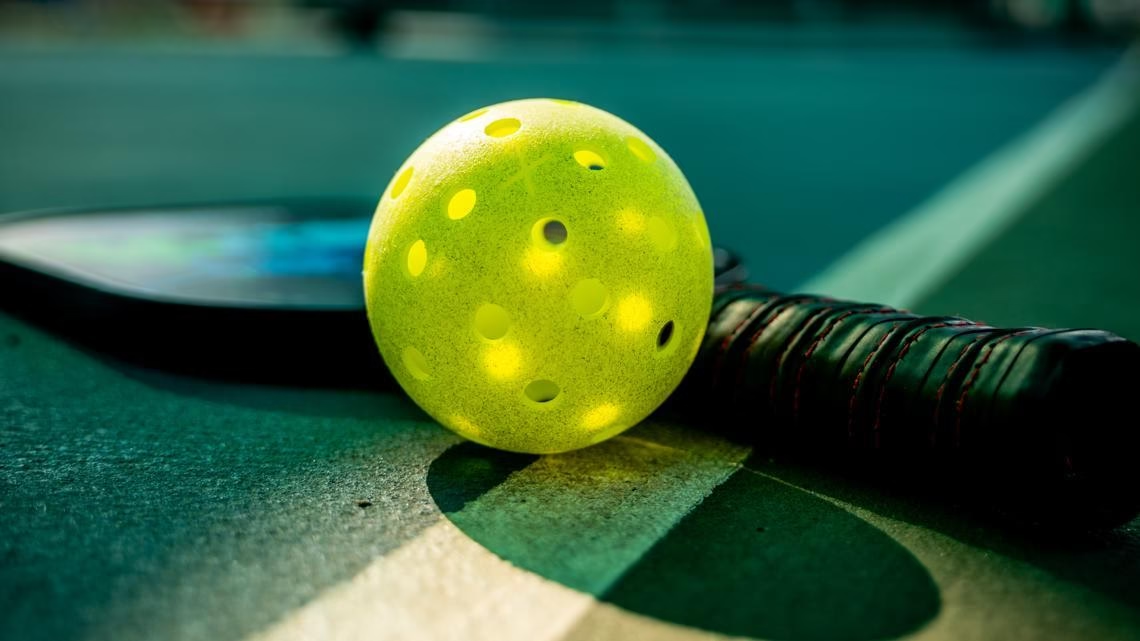
As the sun casts its golden hue over courts bustling with energy, a unique sport has been capturing the hearts of players and fans alike: pickleball. This quirky, fast-paced blend of tennis, badminton, and ping pong has rapidly evolved from modest backyard games to organized competitions and vibrant community events. With its surge in popularity leading to a growing advocacy for its recognition on a global scale, the question on the minds of many enthusiasts is: could pickleball soon make its Olympic debut? In this article, we delve into the intriguing journey of pickleball, exploring its rise, the dynamics of Olympic inclusion, and what this could mean for the sport’s future on the grandest stage of athleticism. Join us as we uncover the unfolding story of pickleball’s aspirations and the quest for Olympic gold.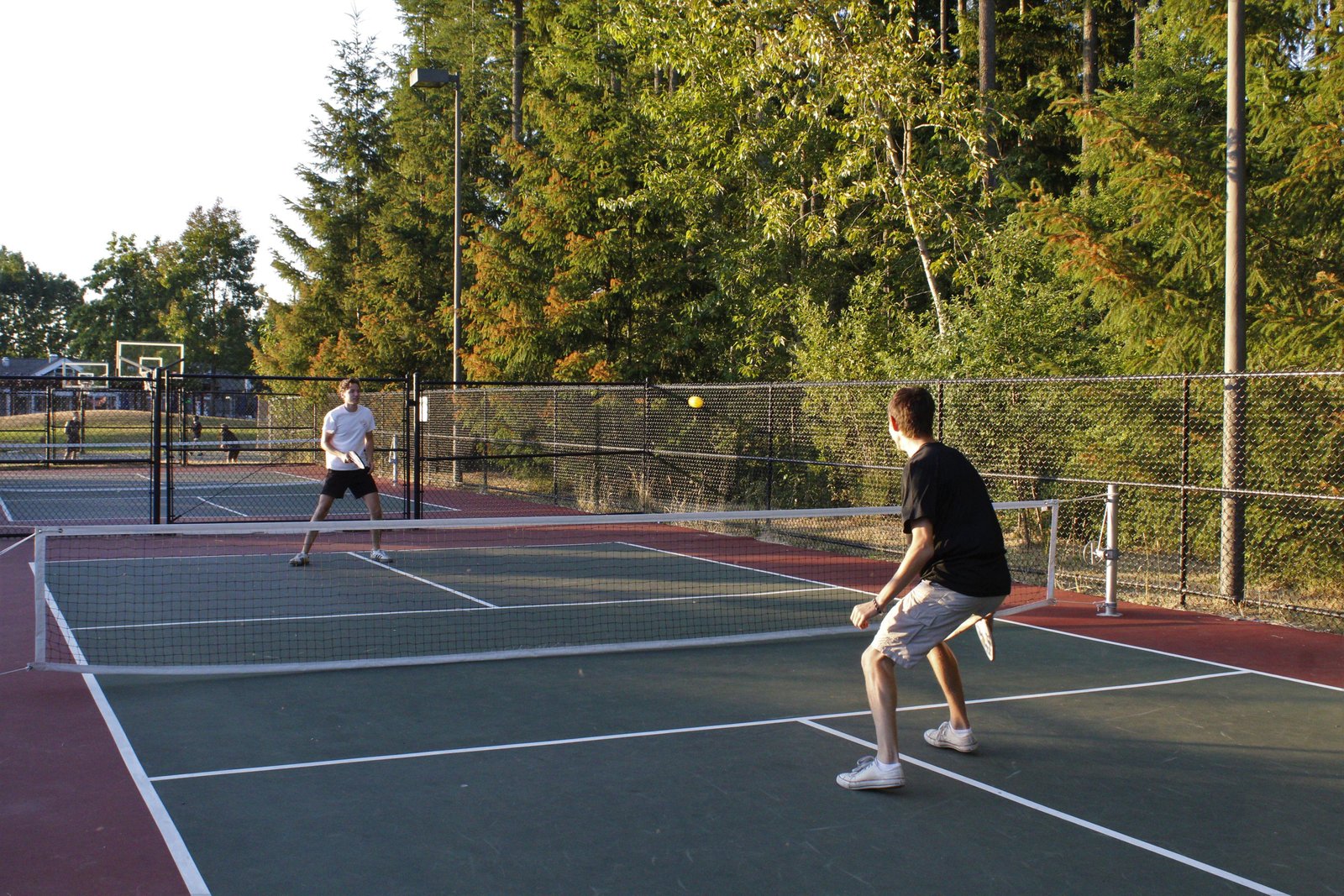
The Rise of Pickleball: A Growing Sports Journey to Olympic Recognition
In recent years, the popularity of pickleball has skyrocketed, evolving from a backyard pastime to a serious contender on the sports scene. This surge can be attributed to several factors, including its accessibility to all ages, the balance between skill and fitness, and a vibrant community that fosters competition and camaraderie. Notable elements driving the rise of pickleball include:
- Simple rules that make it easy for newcomers to learn.
- An inclusive environment that welcomes players of all skill levels.
- A growing number of tournaments and leagues across the globe.
As pickleball gains momentum, discussions around its potential inclusion in the Olympic Games have intensified. Advocacy groups and enthusiastic players are pushing for recognition, believing that the vibrant energy of this sport could complement the Olympic spirit. Key points fueling this advocacy consist of:
| Aspect | Details |
|---|---|
| Global Participation | Millions of players worldwide, with an increasing number of countries participating in competitions. |
| Age Demographics | Appeals to a wide age range, promoting health and fitness across generations. |
| Sporting Infrastructure | Investment in facilities and training programs is rapidly expanding in many nations. |
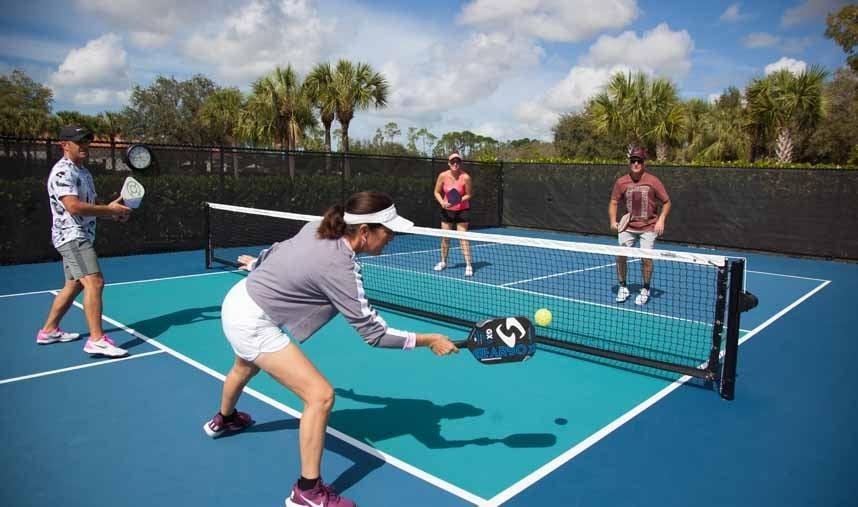
Understanding the Criteria: What It Takes for Pickleball to Join the Olympic Family
As the popularity of pickleball surges across the globe, discussions about its potential inclusion in the Olympics have intensified. Several criteria must be met before a sport can be embraced by the Olympic family. Primarily, sports must demonstrate wide international appeal and participation. This includes having a significant number of countries involved with a governing body that oversees competitions and enforces standardized rules. Currently, the USA and Canada lead with a vibrant pickleball community, but global growth is essential. Other factors include achieving a certain level of historical significance and providing a unique athletic experience that differentiates it from existing Olympic sports.
Additionally, the International Olympic Committee (IOC) looks for sports that engage spectators and offer a thrilling viewing experience. For pickleball to succeed in this arena, it should aim to captivate fans through dynamic gameplay and accessible strategies. A strong media presence and youth appeal are also vital components that contribute to a sport’s candidacy. Below are some critical elements affecting the Olympic bid for pickleball:
- International Governing Body - A unified organization overseeing global competitions.
- Participation Levels – Strong presence in multiple continents and countries.
- Media Engagement – Effective promotion to showcase the sport to a broader audience.
- Sustainability – Efforts towards ensuring long-term viability and resources.
- Event Structure – Well-organized tournaments that present clear competitive pathways.
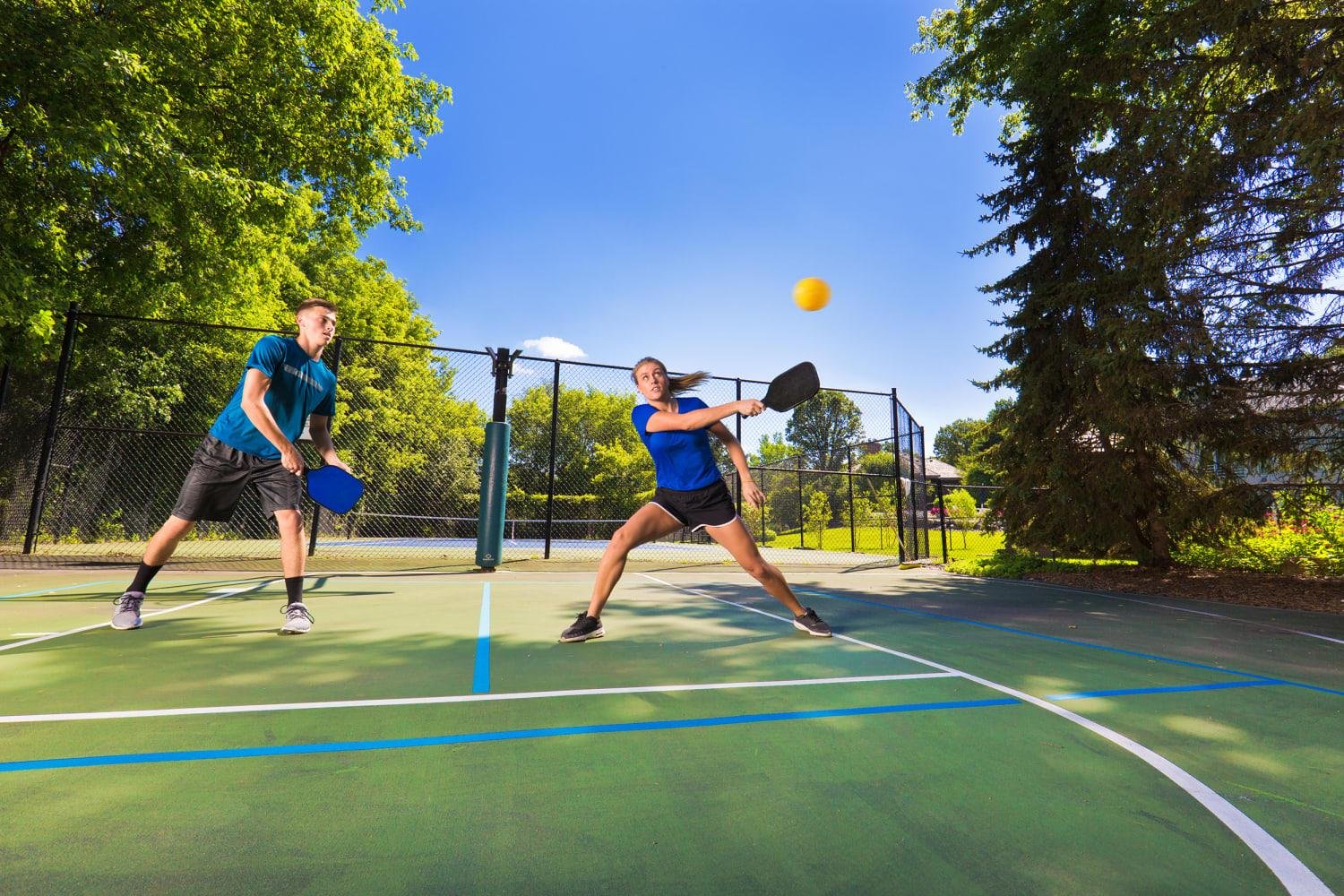
Global Participation: Exploring the International Appeal and Community of Pickleball
The rise of pickleball has transformed it into a global phenomenon, attracting players and enthusiasts from various walks of life. This captivating sport, characterized by its blend of tennis, badminton, and table tennis, boasts a remarkable appeal that transcends borders. Communities around the world have embraced the game, resulting in a diverse and enthusiastic player base. Examples of its international growth include:
- Global Tournaments: Countries like Canada, Spain, and Japan are hosting their own championship events.
- Expansion of Clubs: New pickleball clubs are frequently popping up in urban and rural areas alike.
- Social Engagement: Players of all ages are forming friendships and strengthening community ties through local leagues.
Despite its relative novelty, the sport’s potential for Olympic inclusion is a hot topic among advocates and fans alike. The international governing body is working diligently to unify the rules and promote worldwide participation. To illustrate the sport’s burgeoning influence, here is a brief overview of its international reach:
| Country | National Governing Body Established | Total Participants Approx. |
|---|---|---|
| United States | Yes | 4.8 million |
| Canada | Yes | 1.5 million |
| United Kingdom | Yes | 600,000 |
| Australia | No | 350,000 |
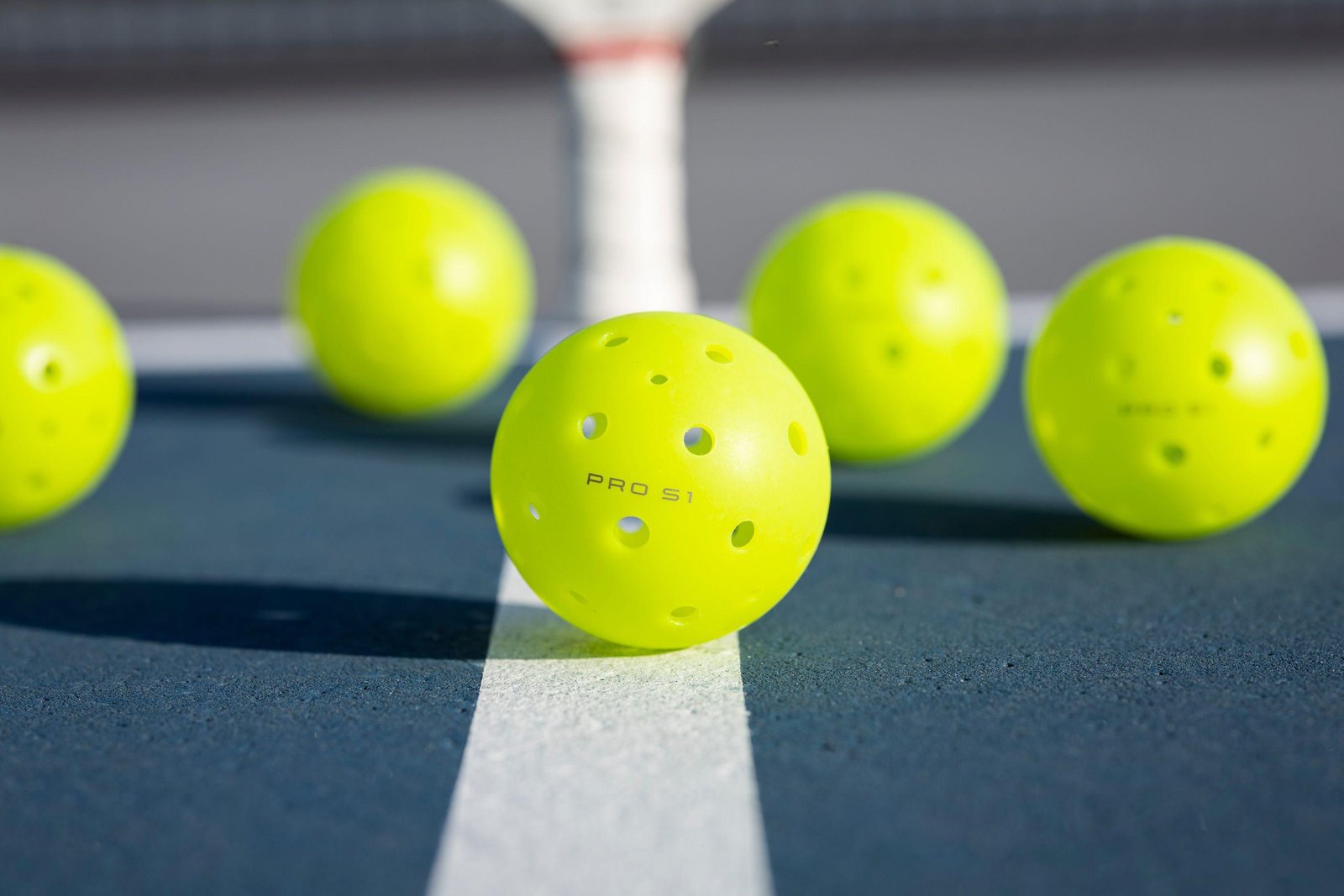
Future Prospects: Strategies for Advocating Pickleballs Inclusion in the Olympic Games
Advocating for pickleball’s inclusion in the Olympic Games requires a multifaceted approach that resonates with both sports enthusiasts and decision-makers. Building a strong grassroots movement can help create a compelling narrative around the sport’s growing popularity. Highlighting pickleball’s unique attributes such as its accessibility, appeal to various age groups, and the community spirit it fosters is essential. Engaging in local and national tournaments, showcasing player success stories, and leveraging social media can help amplify the voices of supporters across the globe. Forming partnerships with reputable organizations and influential figures in the sporting world can further validate the cause and attract media attention.
Furthermore, presenting research and data that emphasizes pickleball’s rapid growth will be crucial in convincing the International Olympic Committee (IOC) of its viability as an Olympic sport. Organizing strategic outreach initiatives to educate stakeholders about the potential benefits of including pickleball in the Olympics, such as increased viewership and marketability, may create a newfound interest. Hosting events that bring together players, fans, and decision-makers can foster discussions and generate buzz around the sport. Consider the following factors when advocating for inclusion:
| Factor | Importance |
|---|---|
| Global Participation | Shows widespread interest and involvement. |
| Media Engagement | Increases visibility and excitement around the sport. |
| Community Support | Demonstrates a loyal fan base and grassroots enthusiasm. |
| Partnership with Athletes | Attracts endorsements and heightens credibility. |
Q&A
Q&A: Is Pickleball in the Olympics?
Q1: What is pickleball, and why is it gaining popularity?
A1: Pickleball is a paddle sport that combines elements of tennis, badminton, and table tennis. Played on a smaller court, it involves hitting a lightweight ball over a net using solid paddles. Its intuitive rules and fast-paced nature make it accessible and appealing for players of all ages, contributing to its burgeoning popularity across the globe.
Q2: Has pickleball ever been included in the Olympics?
A2: As of now, pickleball is not an Olympic sport. While it has been rapidly gaining traction, particularly in the United States and Canada, the International Olympic Committee (IOC) has not yet recognized it officially for the Olympic Games.
Q3: What would it take for pickleball to become an Olympic sport?
A3: For pickleball to join the Olympic roster, it would need to be governed by an international federation recognized by the IOC, demonstrate a wide global reach and participation, and have a structured competition framework in place. The sport must also conduct international competitions, with a growing number of countries involved in the sport.
Q4: Are there any movements or organizations advocating for pickleball’s inclusion in the Olympics?
A4: Yes, there are several organizations and advocates pushing for pickleball’s Olympic inclusion. The USA Pickleball Association (USAPA) and the International Federation of Pickleball (IFP) are at the forefront of these efforts, promoting the sport worldwide, organizing international tournaments, and increasing its visibility.
Q5: How do pickleball enthusiasts feel about its Olympic potential?
A5: Many pickleball enthusiasts are excited about the potential for their favorite sport to achieve Olympic status. They believe that Olympic recognition could elevate the sport’s profile, attract more players, and lead to better resources for training and development. However, there is also a sentiment that the grassroots, community-driven spirit of the sport is essential to preserve, regardless of its Olympic future.
Q6: What are the challenges facing pickleball on its journey to the Olympics?
A6: The main challenges include establishing a solid and cohesive international governing body, promoting widespread participation across various regions, and meeting the IOC’s criteria for inclusion. Additionally, pickleball competes with many established sports that have had Olympic status for decades, making it a tough arena to break into.
Q7: Where might pickleball fit into future Olympic Games?
A7: If pickleball were to become an Olympic sport, it could be featured alongside racquet sports, potentially in the Summer Olympics. The sport’s unique dynamics and exciting gameplay could make it a standout event, attracting both competitive players and fans alike.
Q8: What is the future outlook for pickleball in the context of the Olympics?
A8: The future of pickleball in the Olympics looks promising, especially considering its rapid growth and increasing global recognition. As more countries embrace the sport and as infrastructures develop, fervent support from players and fans alike may help propel it onto the Olympic stage in the years to come.
The Way Forward
As the sun sets on our exploration of pickleball’s potential Olympic journey, we find ourselves at a crossroads where sport, culture, and camaraderie intertwine. While pickleball may not yet grace the grand stage of the Olympic Games, its remarkable rise captures the essence of a sport that grows by the day, uniting players across generations and backgrounds.
Whether it eventually takes its place among the Olympic elite or remains a beloved pastime for many, the heart of pickleball lies in the joy it brings to the community. As fans and players alike continue to rally for its recognition, the spirit of this vibrant sport will undoubtedly echo beyond the courts, inspiring future generations to pick up a paddle and embrace the game.
Only time will tell what lies ahead for pickleball, but one thing is certain: in the world of sports, passion and enthusiasm have a way of making their voices heard. So, whether through Olympic glory or local tournaments, let us celebrate the growing legacy of pickleball and the connections it fosters. After all, this is just the beginning of an exciting chapter in the story of sport.












